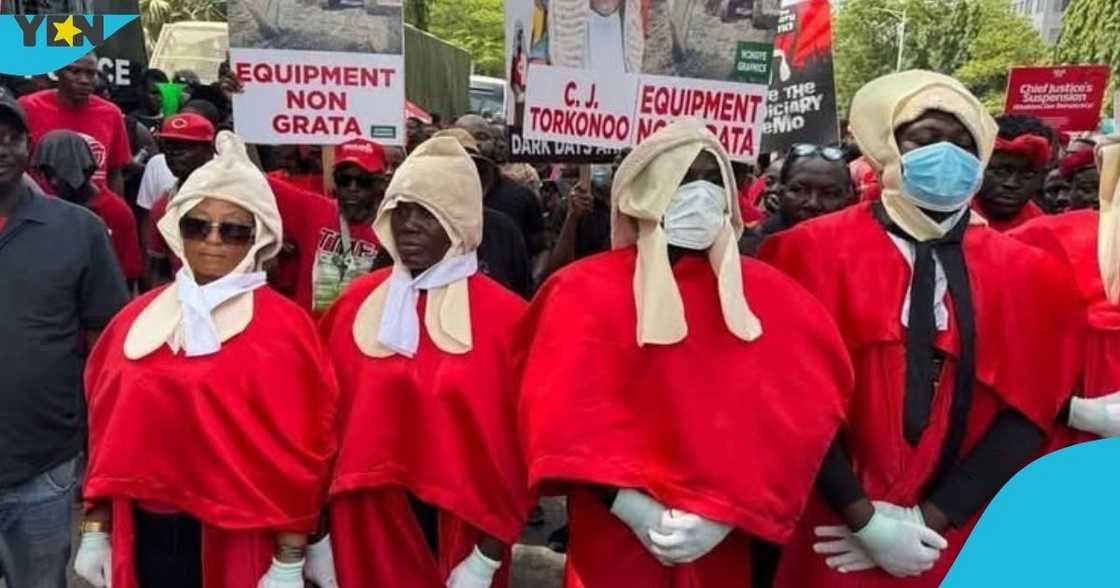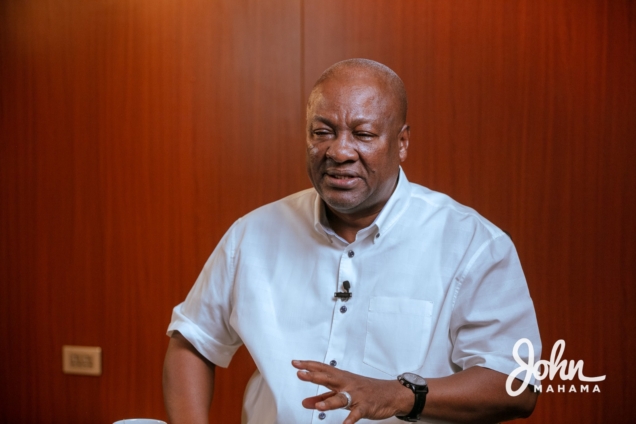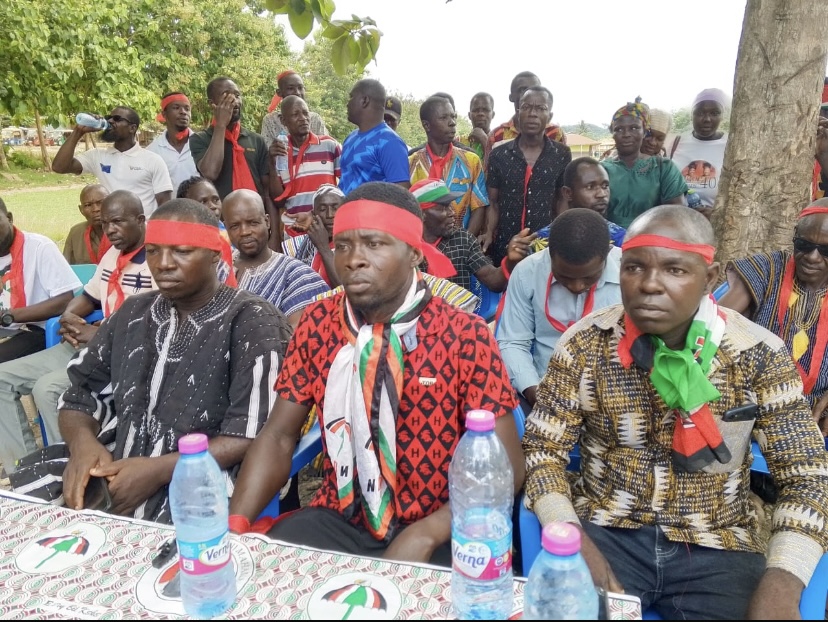In a historic and controversial decision, President John Dramani Mahama on April 22, 2025, suspended Chief Justice Gertrude Torkornoo following the submission of three petitions alleging misconduct and abuse of power.
This marks the first time under Ghana’s 1992 Constitution that a sitting Chief Justice has been suspended a move that has ignited fierce protests, legal debate, and accusations of executive overreach.
The fallout was immediate. The opposition New Patriotic Party (NPP) has condemned the suspension as a “direct attack on judicial independence.” Party leaders, led by National Organizer Henry Nana Boakye, have announced nationwide protests, accusing the Mahama administration of undermining Ghana’s democracy and politicizing the judiciary.
Civil society groups and legal experts have echoed concerns. The Ghana Bar Association (GBA) called for strict adherence to constitutional due process, cautioning against public commentary while the matter remains sub judice.
Despite the uproar, government officials maintain the process is entirely constitutional, citing Article 146 of the 1992 Constitution.
President Mahama reportedly forwarded the petitions to the Council of State, after which Chief Justice Torkornoo was given 10 days to respond a deadline she met before April 7.
A five-member investigative committee has since been formed to probe the allegations. In the interim, Justice Paul Baffoe-Bonnie, the most senior Supreme Court judge, has been appointed Acting Chief Justice.
While the legal process is underway, the lack of transparency surrounding the specific allegations has deepened public anxiety.
Calls are growing for the government to release details of the petitions and the basis for the suspension.
Professor H. Kwasi Prempeh of the Ghana Center for Democratic Development stressed that “constitutional procedures must not be used as a veil for opaque politics.”
He argued that public confidence in the judiciary hinges not only on due process but also on clarity and openness.
As the investigation progresses, the nation is at a crossroads. For some, this is a bold act of accountability; for others, it is a dangerous precedent with the potential to erode judicial independence.
What remains clear is that how this process unfolds fairly or otherwise will shape public trust in Ghana’s institutions for years to come.
By: J.W Quarm





